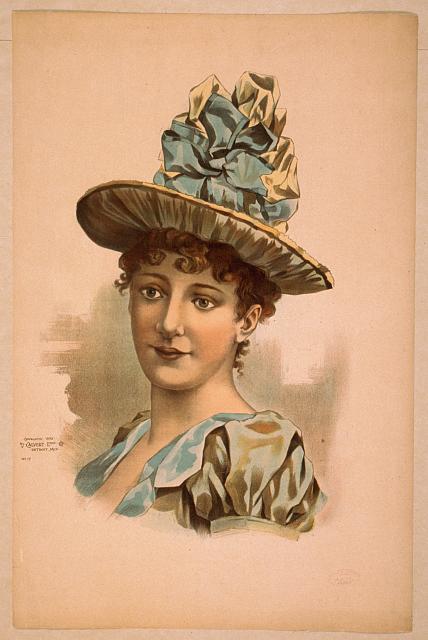Many of us would name Eli Whitney as the inventor of the cotton gin, but with a little digging you will find that Catherine Greene played a major role in this invention, yet the patent is in the name of Eli Whitney.
 |
| Image source: georgiainfo.galileo.usg.edu |
Catherine Greene is said to have posed both the problem and the basic idea to Whitney. Furthermore, according to Matilda Gage, (, 1883), his first model, fitted with wooden teeth, did not do the work well, and Whitney was about to throw the work aside, when Mrs Greene proposed the substitution of wire to catch the cotton seeds. Stories About Great Thinkers by Mary Bellis
It is no surprise that there were few early inventors in a time when laws stipulated that women could not own property (including intellectual property like a patent) Back in the 1700's any patent that was issued for an invention that was a women's invention would be in her father's or husband's name.
 But really....s it has been more than 200 years since Mary Kies became the first American women to own a patent in her name (1809) after developing a unique way of weaving straw and silk into hats. Some attribute her with paving the way for other women. You would assume that... but do a quick Google search and you will find that is not what happened.
But really....s it has been more than 200 years since Mary Kies became the first American women to own a patent in her name (1809) after developing a unique way of weaving straw and silk into hats. Some attribute her with paving the way for other women. You would assume that... but do a quick Google search and you will find that is not what happened. Hundreds of years later, only 5.5% of all commercial patent holders in the US are female?
I don't have the answers.. I'm just sitting here in shock at the number..
I'm thinking this number (which has me speechless right now) is fodder for more blog post on the topic.
For for now.. on National Inventor's Day, I salute the women in this country who own patents.
And I'm off to read more at
http://www.nber.org/papers/w17888?ntw
Why Don't Women Patent?
Jennifer Hunt, Jean-Philippe Garant, Hannah Herman, David J. Munroe
NBER Working Paper No. 17888
Issued in March 2012
NBER Program(s): LS PR

No comments:
Post a Comment